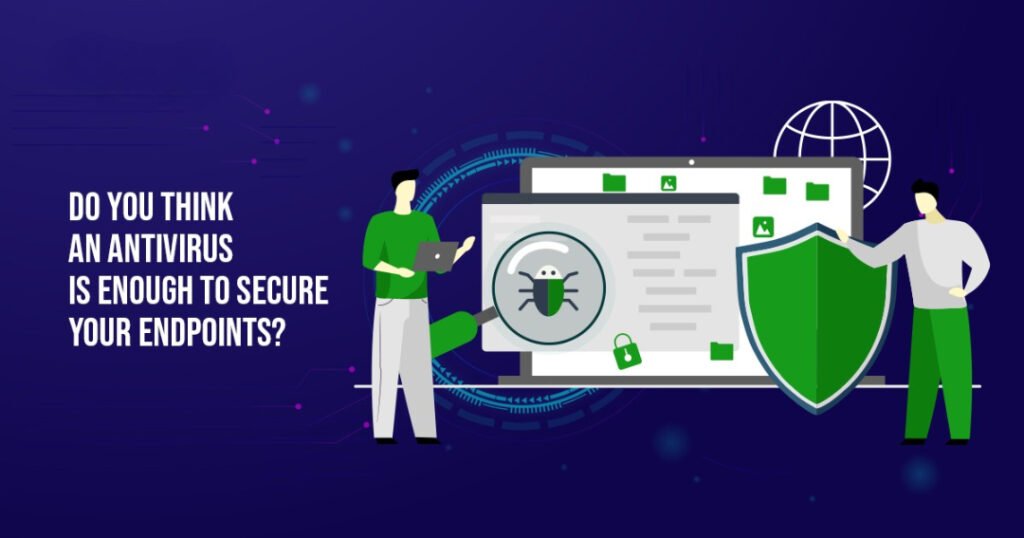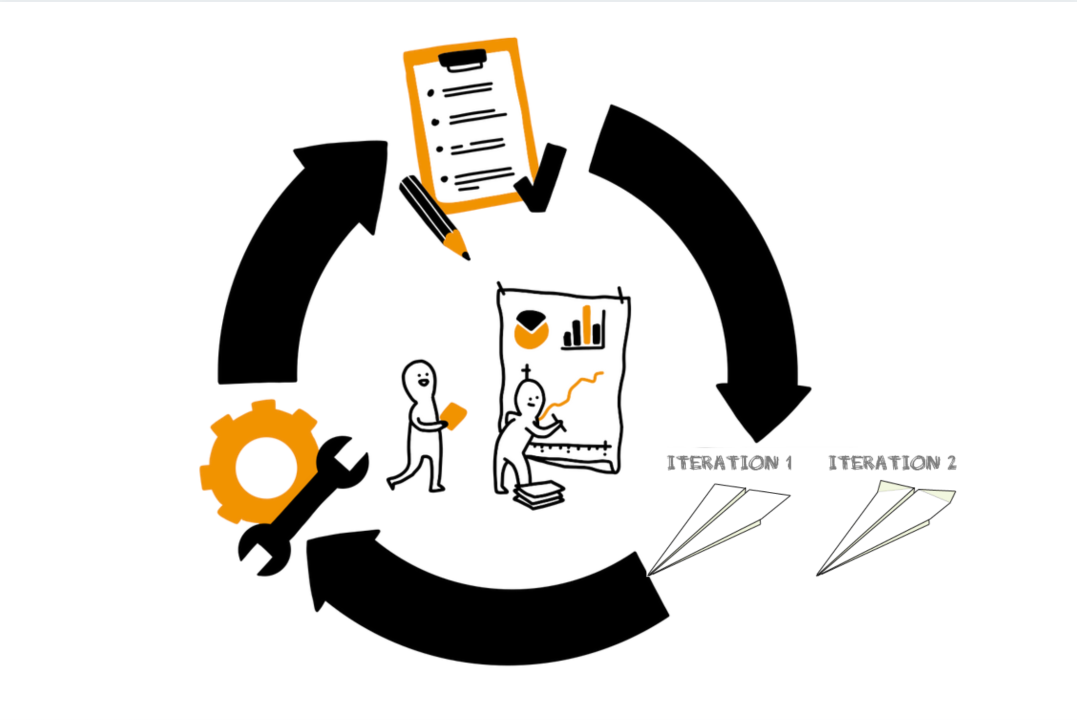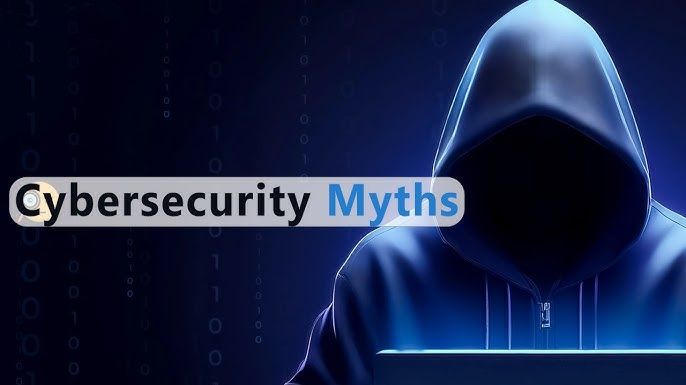Sarah’s voice shook when she called:
“They’ve wiped 8 years of client invoices… and the ransom is £25,000.”
Three months earlier, she’d scoffed: “Hackers only target big firms like M&S!” Her Bristol bakery never reopened.
As an official Cyber Essentials certification body, I’ve heard every excuse. Let’s torch the 5 most dangerous myths before they torch your business.

Myth 1: “We’re Just a Minnow – Sharks Hunt Bigger Fish”
The Brutal Truth:
- 43% of UK cyber attacks deliberately target SMEs (National Cyber Security Centre 2024 Report)
- Hackers use automated bots to scan for any vulnerability – your size is irrelevant
- Small firms lose £25,000 on average per breach – often fatal
Real Pain:
A Leeds IT consultancy (6 staff) lost £89k when hackers cloned their director’s WhatsApp. Their “tiny” turnover? £310k.
Wake-Up Call:
Bots don’t discriminate. Cyber Essentials certification blocks 98.5% of automated attacks by enforcing firewall rules and patch management – making you invisible to scanners.

Myth 2: “Our Antivirus Software Is a Forcefield!”
The Brutal Truth:
- AV stops only 45% of zero-day malware (AV-Comparatives Lab)
- It’s useless against phishing scams, supply chain breaches, or human error
- Like relying on an umbrella in a hurricane
Real Pain:
A Surrey architect’s “updated” AV missed ransomware hidden in a PDF invoice for 11 days. Recovery cost? £42k.
Wake-Up Call:
Cyber Essentials requires secure configuration of all devices (yes, even phones) – creating layered defenses antivirus alone can’t match.

Myth 3: “Cyber Insurance Will Save Us If Things Go South”
The Brutal Truth:
- 68% of UK cyber insurance claims were denied in 2023 (Lloyd’s of London)
- Top reason? Lack of basic certifications like Cyber Essentials
- Without CE, premiums cost 3x more – if you qualify
Real Pain:
A Manchester manufacturer’s £120k breach claim was rejected after insurers found unpatched servers.
Wake-Up Call:
Most insurers demand CE. Bonus? Certified firms get 30%+ premium discounts.

Myth 4: “Our Backups Make Us Ransomware-Proof”
The Brutal Truth:
- Modern ransomware steals data BEFORE encrypting it – backups won’t stop GDPR fines
- Average downtime post-attack: 21 days (Sophos 2024)
- 29% of paying victims never get full data restored
Real Pain:
A Birmingham retailer paid £18k ransom… then hackers leaked 11,000 customer credit cards anyway. ICO fine: £65k.
Wake-Up Call:
CE’s access controls and malware protection stop ransomware getting in – making backups a last resort, not a shield.

Myth 5: “Certification Is Too Complex and Expensive For Us”
The Brutal Truth:
- Cyber Essentials starts at £300 – less than 3 hours of breach downtime for most SMEs
- With a human certifier? Done in 72 hours flat (not weeks)
- 65% of DIY attempts fail (IASME internal data)
Real Pain:
A London estate agent wasted £2,100 on “consultants” before I certified them in 64 hours.

The Human Advantage: Your Secret Weapon Against Red Tape
Forget faceless certification mills. As your dedicated one-man IASME certification body, I’m with you at every step – no call centres, no ticket numbers.
You get me: a 12-year incident response veteran who translates technical jargon into plain English.Expect:
- Unlimited support during your assessment
- A free vulnerability scan worth £150
- Certification in days, not weeks
This isn’t just compliance; it’s concierge cybersecurity.

Don’t Let Myths Write Your Bankruptcy Notice
That £440 million blow to M&S and Co-op started exactly like this – with myths whispered in a small supplier’s boardroom.
Cyber Essentials isn’t about outspending giants on tech. It’s about outsmarting criminals with government-backed fundamentals: sealing the five vulnerabilities hackers actually exploit.
Certification transforms you from low-hanging fruit into a hardened target.
Because in today’s digital jungle, hope isn’t a strategy – provable protection is.
